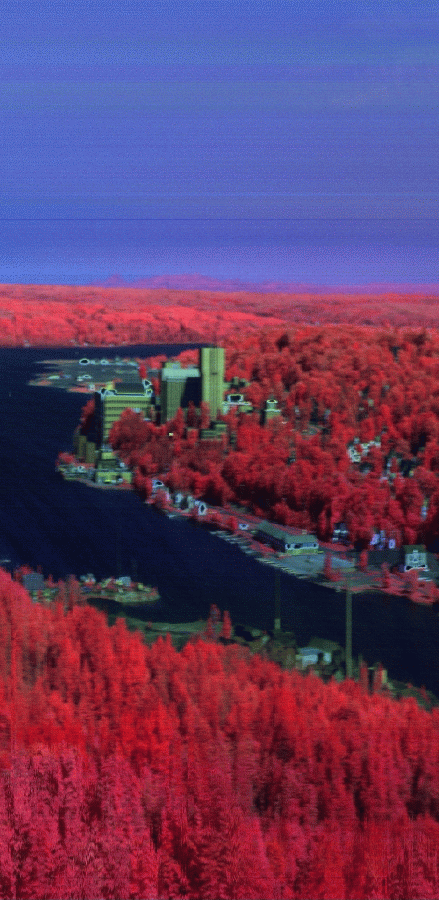Purpose and Benefits of the Remote Sensing Minor
Minors are unknown at Michigan Tech, but all majors have at least some elective choices. We suggest that the establishment of an interdisciplinary minor would be compatible with all of the eight currently interested departments in the RSI. The minor consists of eight quarter classes, or six semester classes. The proposed links to all of the deparments and students of various backgrounds are a 300-level cornerstone class in introductory remote sensing, and an interdisciplinary remote sensing seminar series class. The remainder of the courses would be chosen from the wide variety of classes with already exist is some form in the various departments.
The purpose of this initiative is to enable undergraduates at Michigan tech an efficient entry into remote sensing from a number of different departments. This institute operates across departmental and college boundaries. We have done this to highlight and encourage interdisciplinary work, to attract students with diverse backgrounds to work together on undergraduate and graduate reserach, to attract external resources to support our laboratories and facilities, and to provide support for a growing research faculty.
The initiative benefits students by giving them access to the growing facilities and research activities in remote sensing across campus, and the newly established Remote Sensing Institute and other interdisciplinary research efforts, that while they are flourishing they are benefitting mostly graduate students at this point. This initiative benefits faculty by recruiting excellent potential graduate students from a variety of academic departments.

This hyperspectral image of the MTU campus was taken and procesed by researchers in Physics. Hyperspectral imagery offers high spatial (1 m) and spectral (1 nm) resolution, which we use in tandem with other field and satellite investigations of vegetation,geology, bathymetry, and water quality.
Back to Main Page
Back to the Remote Sensing Institute Home Page
